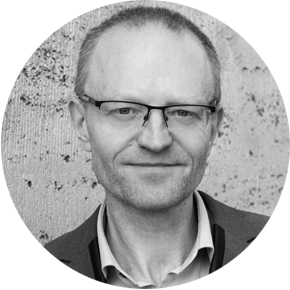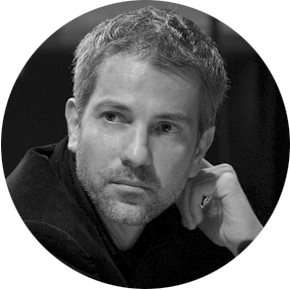Mediamax talked to Stefan Meister, the head of the Program for International Order and Democracy at the German Council on Foreign Relations (DGAP)
In your “A Paradigm Shift: EU-Russia Relations After the War in Ukraine” article you write that the “EU needs to be more engaged to help Armenia preserve its sovereignty and stay on its path of democratization and reform”. What real steps would you advise the EU leaders to take?
It needs more than facilitation between Armenia and Azerbaijan, the EU should become more active player in finding a peace agreement on Karabakh and border delimitation agreement between Armenia and Azerbaijan. That means, the EU should further internationalize the conflict pushing for a EU Monitoring Mission between both states until a border agreement has been decided. It should offer to send peacekeepers into NK to replace Russia.
For all of this it should develop leverage on Azerbaijan, meaning to give the agreements with Armenia legitimization if they are in both interests, to offer more investment in transit from the Caspian Sea to the Black Sea and for rebuilding the regained territories. But these should only be offered, if Azerbaijan agrees on the recognition of the Armenian border, give human rights and security guarantees for Karabakh Armenians and agree on a transit route to Nakhichevan which does not undermine the sovereignty of the Armenian state.
Russia cannot give an international legitimization to any agreement, the EU can. Furthermore it should use its economic leverage on Turkey to support an agreement between Yerevan and Ankara to open the border.
In Armenia many believe that the EU will not provide real support to Armenia due to the great increase of Azerbaijan’s role as an oil and gas supplier following the war unleashed by Russia in Ukraine and the sanctions imposed against it. The EU, in fact, is also turning a blind eye to human rights violations in Azerbaijan. What is your opinion?
The amounts of gas and oil Azerbaijan can additionally supply is very limited, I do not see here a relevant role in the diversification of the EU away from Russia. Azerbaijan is more important as an transit country for Caspian gas and oil, coming from Kazakhstan and possibly from Turkmenistan. But that all will take time and Russia will try to undermine it. I would not overestimate the visit of Ursula von der Leyen to Baku, because, that was not a strategic visit decided by the member states and institutions, but rather von der Leyen who wanted to strengthen her profile on energy diversification. But yes, the signal in not mentioning human rights issues was problematic and it needs a substantial more clear language on this issues from the side of the EU.
An EU civilian observer mission has been temporarily deployed in Armenia (on the border with Azerbaijan). How do you assess its efficiency and do you think its deployment should be extended?
It is a first step on the internationalization of the conflict and it provides more transparency and it prevented possible Azerbaijan attacks. I think that is an important step and the mission should be extended until a border agreement has been reached and also other open questions have been agreed. For me this mission shows the growing will of the EU to be a player in solving the conflict and to bring more transparency into the conflict and deescalate. We always want more, but this is at least something.
Do you see fundamental differences in the mediation models offered to the parties by the EU, on behalf of Charles Michel, and Russia? And can the rivalry between these formats cause new problems for Armenia?
Russia is much more about a negotiation format where it reflects also its own interests in using the conflict while the EU is more a facilitation format which is neutral and provide a platform for talks without external impact. I think Moscow understands it as competition, because it is losing influence on the conflicting parties. The EU tries to be as neutral as possible without provoking Russia too much.
Azerbaijani President Ilham Aliyev stated that the meeting set for December 7 with Armenian Prime Minister Nikol Pashinyan in Brussels would not take place as “the Armenian side insisted on the participation of Emmanuel Macron”. Do you think Aliyev will be able to “oust” Macron from the settlement process?
I think Macrons role in the negotiations is controversial, because he is seen as partial contrary for instance to Charles Michel who is more neutral. Baku is not accepting Macron as a negotiator or facilitator and it might make sense to give him less a role. I think his presence can also be counter productive and lead to exactly what we saw in this case, that the meeting is not taking place.





















